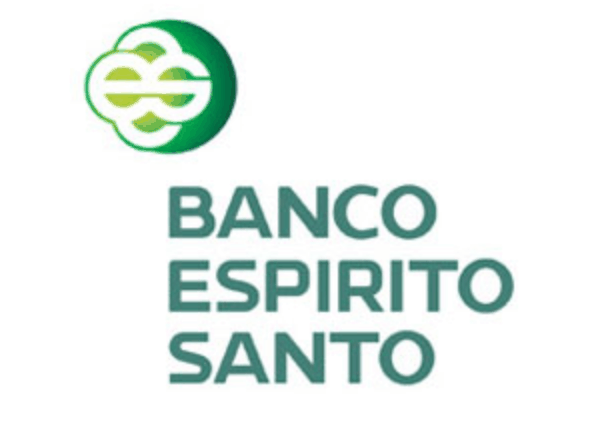Libya's Aman Bank has been removed from the National Transition Council's blacklist, which removes the danger of it being taken over and administered by the state, reports Libya Herald.
The bank argued that it had not been been an associate of the Qaddafi regime nor had it been a business entity that was “inextricably linked” to it, and the government accepted that it had not been involved in any questionable activities.
The bank also argued that it should not be on the list because, while the original black list (issued under Law 37) listed 78 companies and 260 individuals, the new list was supposed to comprise individuals only.
It is understood that officials also accepted that a sequestration of Aman Bank would send a bad signal to foreign investors who are now closely studying opportunities in Libya and are already starting to conduct due diligence exercises.
The bank is 40 percent owned by Portugal’s Banco Espirito Santo (BES), which also exercises management control of the bank, entitling it to nominate the majority of the board of directors, as well as the chief executive officer and main middle management.
BES acquired this control in April 2009 for a total investment (including new capital) of €39.8 million. The remaining equity in the bank is held by several private investors.
One other financial institution, Al Wafa Bank remains on the black list.
(Source: Libya Herald)





